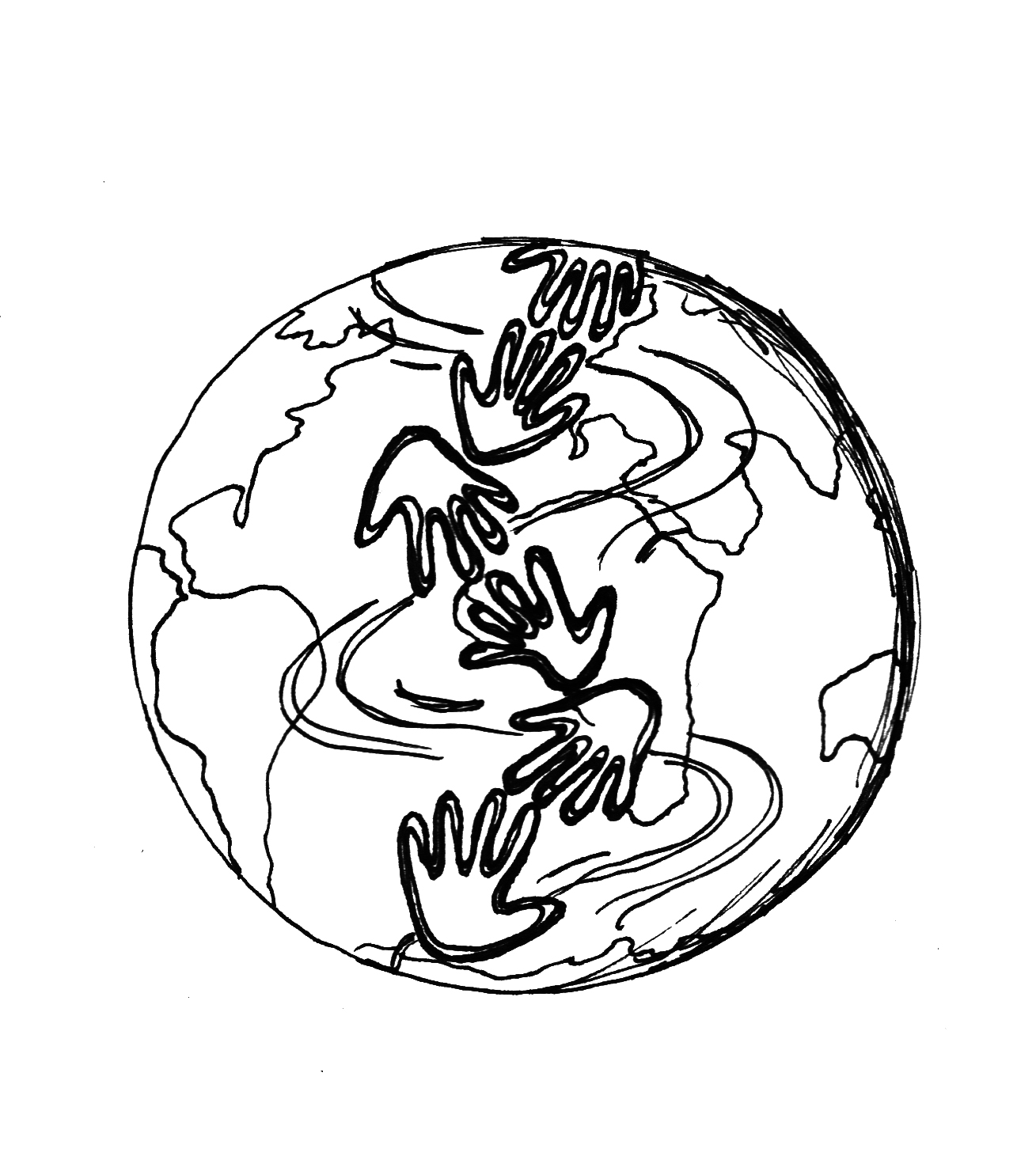The Holocaust, Facebook and a Yahrzeit Candle
January 25, 2019
“I want to briefly share a few thoughts on my mind lately. Though I’m far from religious, I have an indelible tie to my Jewish heritage. My grandfather, Michael Schafir, was a Holocaust survivor. He spent five and half years in various forced labor and concentration camps throughout Poland and Germany. I think of him today because today is the ninth anniversary of his death.
I also think of him today because of a story he once told me about a man, a Nazi Party member, who saved my grandfather’s life by risking his own to drop sandwiches by a fence so my grandfather wouldn’t starve. As he told an interviewer years later ‘ … this man—I don’t even know his name—came in almost every day and, making sure he wouldn’t be seen, gave me food. He saved my life.’
We live in a world of increasing fear. Fascism is on the rise again. As we saw this past week, racially and religiously motivated attacks continue and are catalyzed by fear-mongering leaders. If nothing else, remember to look out for the people around you who may be in need, even if you yourself are not, even if it means risking something you have.
Please remember to vote.”
I wrote that on October 29, 2018, a few days before election day. In an act of self-indulgence typical of the universally-felt, attention-seeking behavior we often succumb to, I posted it to Facebook with a picture of my grandfather, by then an old man, wistfully holding up a striped shirt that has become emblematic of the Nazi concentration camps. The lesson rang clear to me, as it had since first hearing the story. It had the perfect tragic elements to potentially influence the way people act in the world.
Soon the notifications rolled in. My aunt, reposting it. My uncle, saying how proud he was of me as he too shared it. Though it was my paternal grandfather I’d written about, both of my mom’s Jewish parents also fled Nazi-occupied eastern Europe. I soon received a text from her, too.
“Your post on Facebook about grandpa Mike has me in tears in the supermarket. I’m so proud of you. I admire and love and cherish who you are and who are you are becoming. I love you very much. You make me proud.”
Though in retrospect I recognize how lucky I am to have such a kind and supportive mother, the text drove me nuts at the time.
“I’m doing this for political influence,” I thought. “You crying in the supermarket was not the point.”
I never responded to the text.
That evening, my dad called. I picked up the phone, expecting nothing other than the banter that we have come to enjoy every few weeks since I left home. He sounded pensive, his tone not unlike the one he uses to reflect on his year around Rosh Hashanah.
In a brief, unrehearsed statement, he explained that, unbeknownst to me, he’d chosen not to recognize his father’s passing on this day, but later chose to celebrate his birthday instead. It became increasingly difficult for him to turn a blind eye on October 29—he needed to recognize the day somehow.
I listened in the darkness between Hyde and Appleton as he told me that my writing had caused him to reevaluate his emotions on this day. I flexed my jaws to keep from crying as he told me that that night, for the first time ever, he lit a Yahrzeit candle for his father (Jews light a Yahrzeit candle in recognition on the anniversary of someone’s death).
I quickly escaped the conversation and hung up. I approached the friend, who I’d left to chat with someone else, and began to explain to him what had just happened. I was unable to maintain my composure—nearly immediately, I began to gently cry.
I’d never intended for this happen. I’d never even intended for my social-media-inept father to ever see the post. I certainly didn’t expect it to help him in any way. I’ve never had an emotionally intimate relationship with my parents. My friends confided in theirs; together they lived heartbreaks and passions. I never did. For someone who has long struggled with a lack of emotional intimacy with their parents, the post yielded the greatest result of all to me.
I suppose this is part of growing up. I’ve never felt as though I was “there” for my parents either—when they need a consigliere, they call their siblings. When they need to feel intimacy to their offspring, I’m a body to hug. But this feeling is new for me.
My point about my grandfather, by the way, still stands. Go out of your way to be kind to people. Go out of your way to perpetuate positivity in the world. But more importantly, remember that you help others in ways you wouldn’t expect; you may help them find a state of balance, if only for a moment, that they have been in search of for nine years.
Reuben Schafir is a member of the Class of 2022.
Comments
Before submitting a comment, please review our comment policy. Some key points from the policy:
- No hate speech, profanity, disrespectful or threatening comments.
- No personal attacks on reporters.
- Comments must be under 200 words.
- You are strongly encouraged to use a real name or identifier ("Class of '92").
- Any comments made with an email address that does not belong to you will get removed.


Wise, intimate, and touching without being saccharine. Thank you for sharing this.